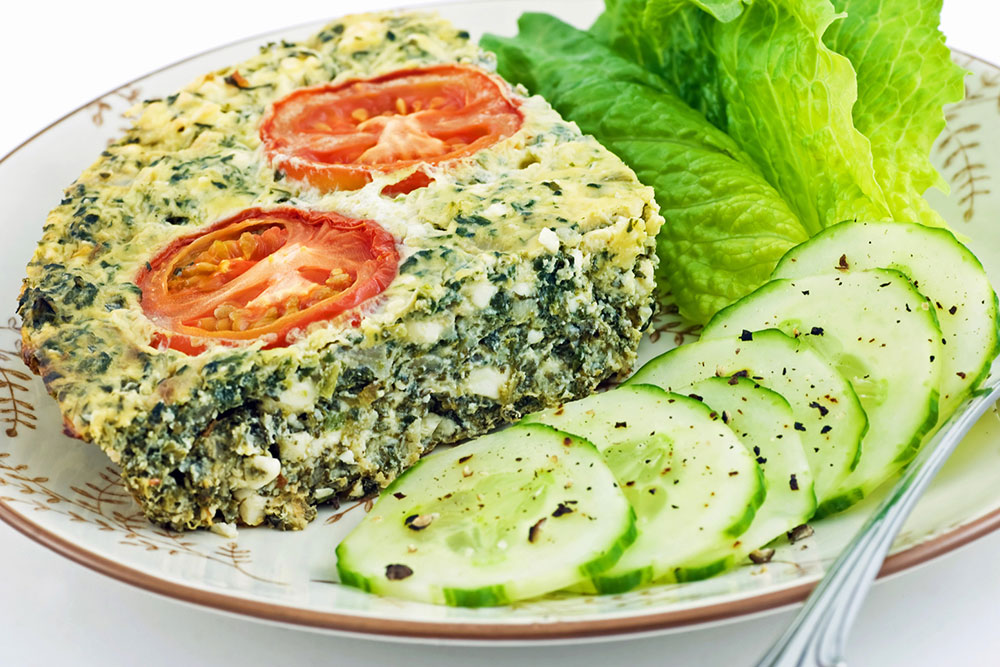Macular degeneration – Foods to eat and avoid

It is possible to slow down and prevent the progression of age-related macular degeneration by altering nutrient intake. A meal plan rich in vegetables and fruits containing yellow, orange, and green pigments is recommended. Additionally, it is important to include omega-3 fatty acids in daily routine in addition to any ongoing treatments for dry macular degeneration. Studies have shown that certain minerals and vitamins can also help prevent macular degeneration.
Foods to eat
Colorful leafy vegetables
Macula has antioxidants (carotenoids)—red and yellow pigments that guard the photoreceptor cells vital for vision. So, eating vegetables with carotenoids (mainly zeaxanthin and lutein) helps boost the degree of protective pigment around the macula and can slow or prevent AMD. To amplify the carotenoid intake with veggies, opt for bright yellow, dark green, or red ones. Some top options that can supplement dry macular degeneration treatments are collard greens, spinach, kale, broccoli, sweet potatoes, corn, and orange and red carrots and peppers.
Nuts and seeds
These are rich in vitamin E, which helps boost eye health. Among the nuts, the two best alternatives are hazelnuts and almonds. They have a high vitamin E content and can protect eye health because of their rich antioxidant benefits. In addition, seeds and nuts are excellent zinc sources, another mineral crucial for eye health. Nuts are prevalent in Mediterranean meals and are known to guard the eyes against macular degeneration.
Citrus fruits
Citrus fruits are packed with vitamin C (ascorbic acid). They are responsible for building collagen that helps form robust blood vessels in the eyes. The eyes process the nutrients rapidly. Hence, getting adequate vitamin C and other nutrients can improve vision health. Studies suggest that individuals who are susceptible to developing dry age-related macular denigration must include vitamin C, Vitamin E, beta-carotene, and zinc in their meals to reduce the progression of the condition by approximately 25 percent. These nutrients can also reduce the loss of visual acuity by 19 percent. Some of the best nutrient sources are peaches, apples, and bananas.
Foods to avoid
Saturated fats
Junk food has linoleic acid, polyunsaturated, and monosaturated fats. They can aggravate the susceptibility to macular degeneration by causing a buildup of cholesterol-containing plaque in the blood vessels, including those in the eyes. Plaque damages the blood vessels and lowers the degree of oxygen and nutrient-rich blood reaching the eyes. A few of the worst offenders include potato chips, French fries, candy, peanut butter, cookies, cakes, and soft drinks.
Unhealthy fats
Avoid coconut or palm oils from cooking, as they have a high degree of hydrogenated fat. They have a similar outcome as meals filled with saturated fat and sugar and result in the progression of macular degeneration. Instead, opt for olive and flaxseed oils for their anti-inflammatory properties.